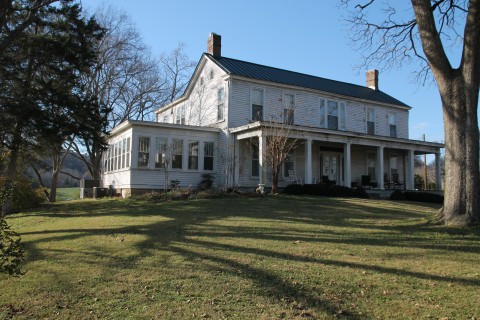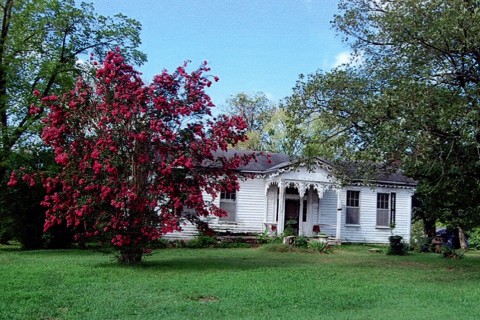Zachariah White came from Pennsylvania to North Carolina. White had worked as a millwright in Pennsylvania where he had a wife and family. In 1778, he travelled with a party led by James Robertson going west over the Cumberland Mountains. Others in the party were George Freeland, James Freeland, William Neely, William Overall, William Fletcher, James Harris, Mark Robertson, Edward Swanson and Cornelius, a slave of James Robertson. According to Founding of Cumberland Settlements, Volume 1, “they planted a field of corn on the ground where Nashville now stands…and the
…Read More



